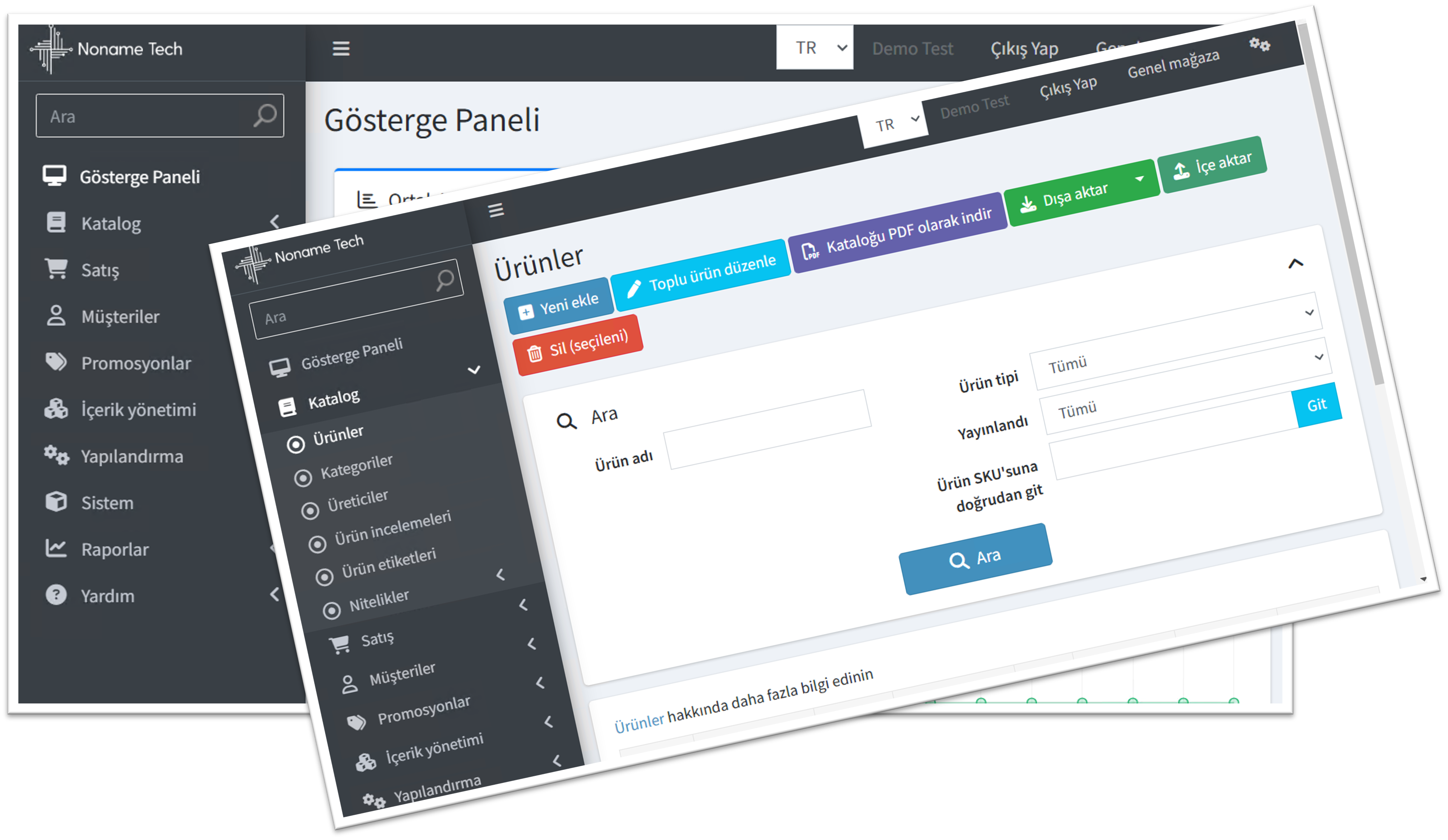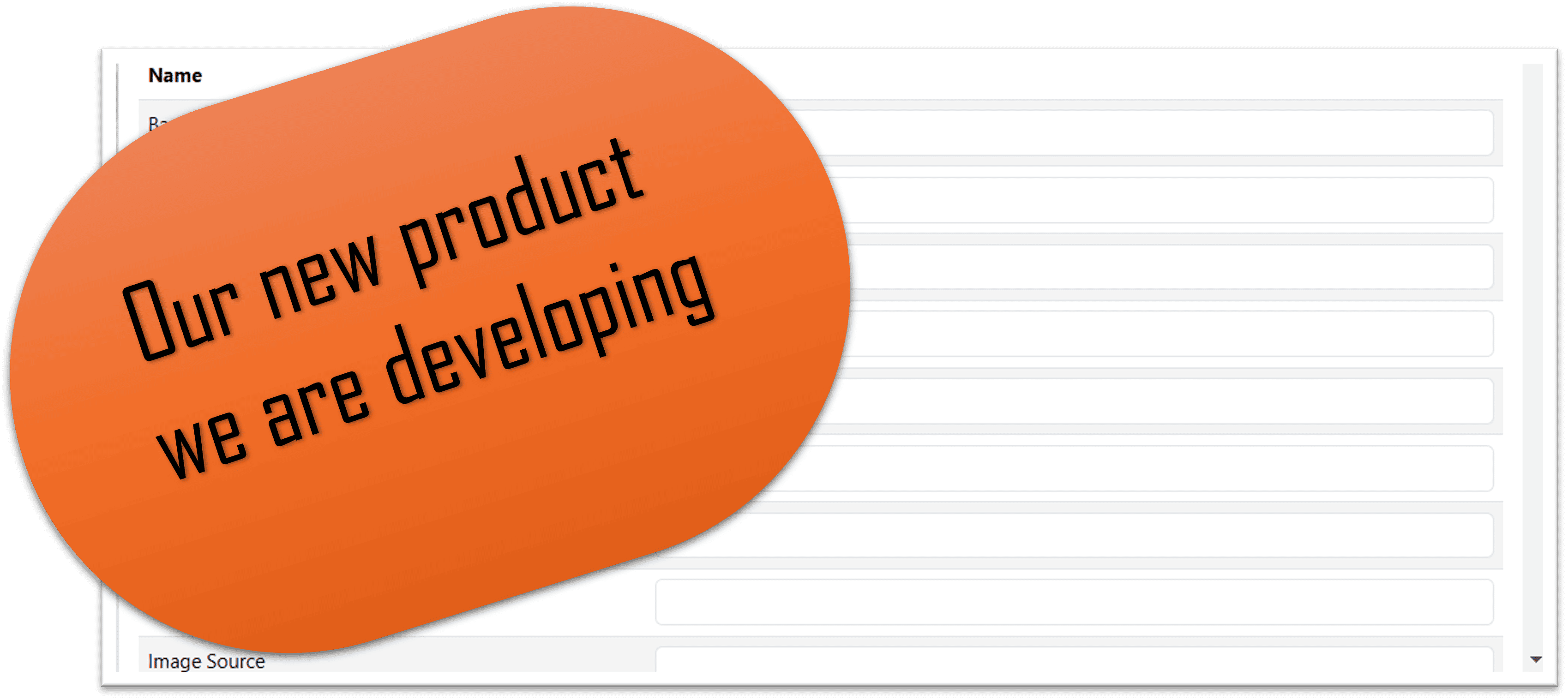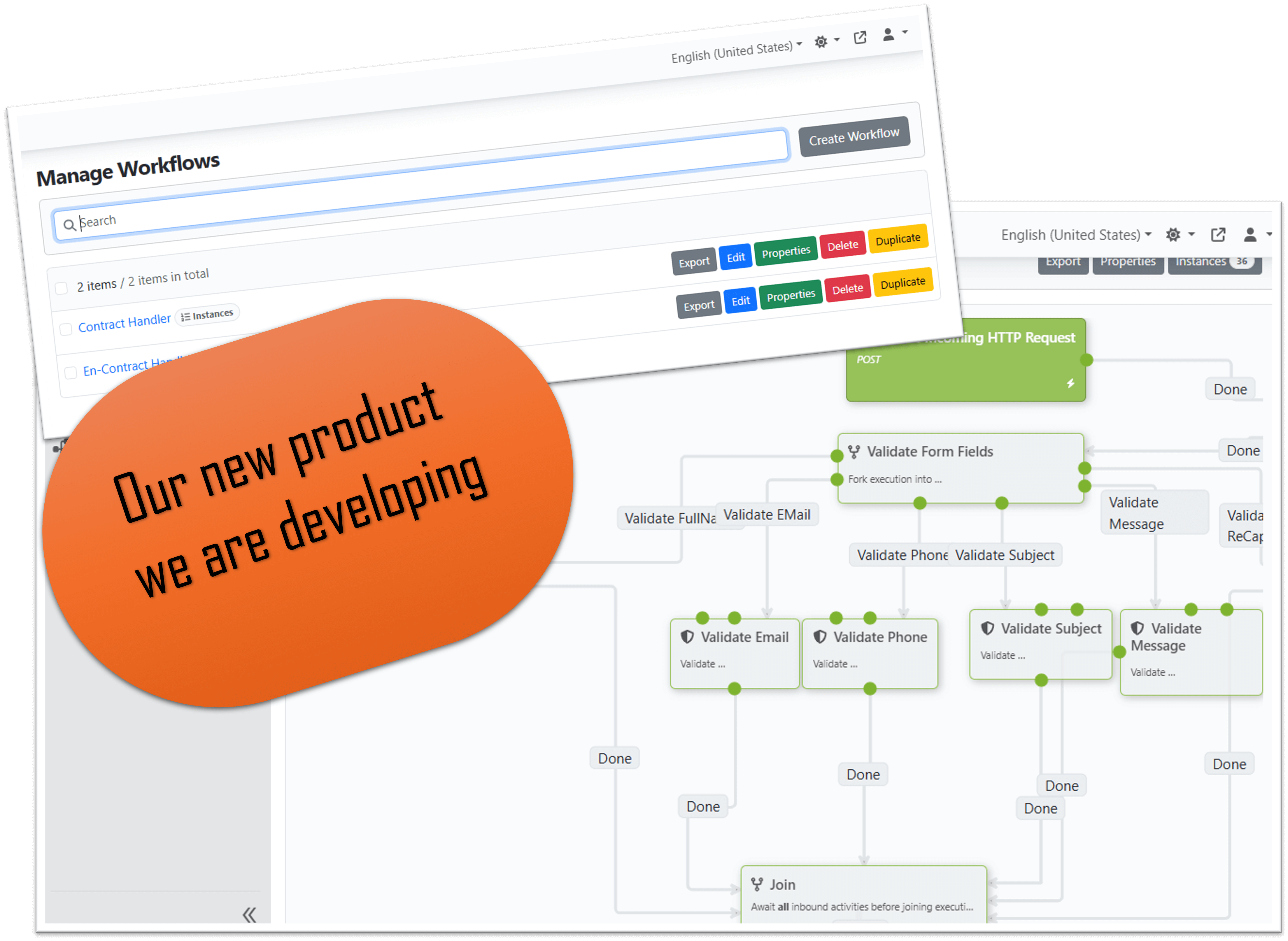
We provide support with our CRM product, which is a set of strategies, software and processes used to manage and optimize relationships with your customers. Thus, by monitoring interactions with customers, you can achieve your goals by achieving more efficient sales processes, improved customer service and increasing customer satisfaction in general. Customer relationship management plays a critical role not only for sales departments but also in different areas such as marketing, service and customer support. CRM also covers the process of collecting, analyzing and adding value to the business with customer data. Through CRM systems, you keep customer information in a central area and create personalized marketing strategies, sales opportunities and better service opportunities with this data.
Companies can create, edit, organize, and publish content with a CMS system that helps manage digital content on their platforms. It works as a central location for content storage and provides automated processes for collaborative content management and creation using built-in (or designed) workflows. Individuals are given different privileges and responsibilities based on their roles. For example, writers can submit and save their work, but editors can edit and publish it. Administrators can do all of these and give others in the organization permission to update or correct content. Websites can be made dynamic, allowing them to manage and distribute their content.


Companies, organizations and educational institutions can make their educational processes more efficient, traceable and effective by using the LMS system. Managing, organizing, monitoring and evaluating learning processes in a digital environment reduces operational workload, reduces costs and makes processes more efficient. You can manage many processes digitally, from the creation of educational content to users' access to these contents, from tracking lessons to evaluation processes.
Processes need to be automated to run faster and more accurately. BPM software reduces manual workload by automating business processes. BPM enables an organization to systematically design, monitor, manage and improve its business processes in order to optimize, increase efficiency and achieve better results. BPM covers the entire life cycle of business processes and aims to continuously improve these processes. BPM focuses on ensuring that business processes operate faster, more efficiently and more accurately in order to achieve the goals of organizations. Well-managed business processes ensure more effective use of resources and prevention of time loss. Fast and flexible management of processes allows the organization to adapt quickly to market conditions. Elimination of unnecessary processes helps reduce costs.
